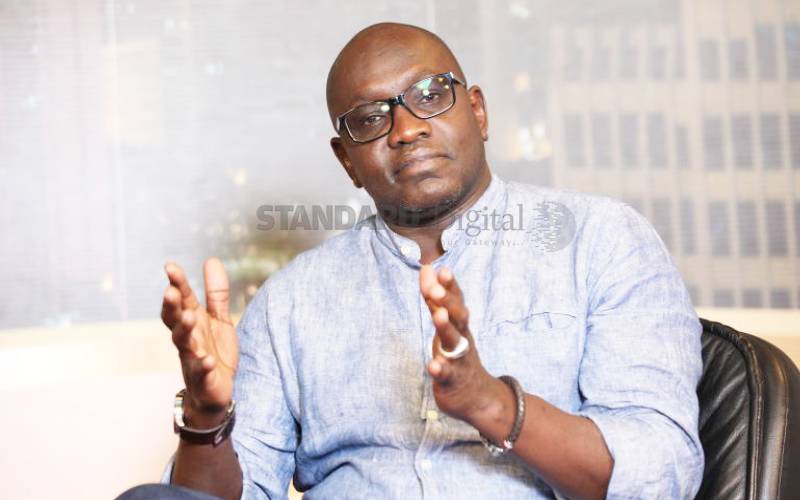×
The Standard e-Paper
Smart Minds Choose Us

Third Way Alliance Party leader Ekuro Aukot. [Standard]
Since in politics a day is a very long time, there are no surprises. That is entertainment that involves political gymnastics, switching positions without batting eyelids. In competitive politics for high office, the trick is to make calculative moves that attract more than they repel.